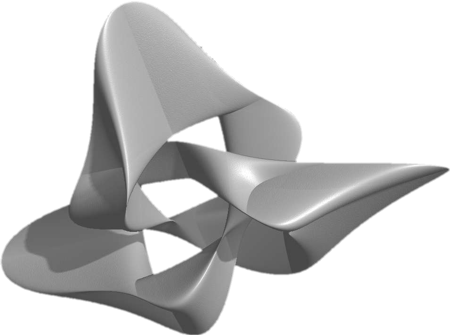Welcome
I warmly welcome your letters, insights, questions, and challenges about the material presented here. Every submission is read, many receive a direct reply, and a select few are chosen for publication.
Your voice matters here.
Because of the deeply personal and often polarizing nature of the topics explored, we’ve chosen not to host public commenting — too often, open threads drift into noise or conflict.
So please log in (membership is free) and use this form to tell me directly what you think about the material.

Note: If you have membership, course or product related questions please use the Contact Us page to ensure your concern is addressed immediately.
This form is for logged in users only.
I just finished both The Trigger Guard and The Inner Archetype Series, and as a fellow teacher, I have to say — I’m genuinely impressed. While I’ve long seen faint mathematical echoes on the edges of my own faith and philosophy, I never truly understood how to make the bridge between those realms until now. The way you presented the concept of i — both as the imaginary number and the imaginary self, the human “I” — was nothing short of transformational for my understanding…
I recently completed the Inner Archetype Series, and while I appreciated the effort to approach such expansive topics, I found myself unsettled by the heavy reductionist tone throughout. The attempt to weave mathematics into the fabric of archetypal and spiritual exploration felt, to me, like it diminished the richness and depth these subjects deserve. Matters of the psyche, the soul, and the esoteric are, by their very nature, elusive and emotive…
The way you broke down the archetypes made me realize that the parts of me I’ve been struggling with aren’t random — they actually have names, patterns, and meaning. It’s like a mirror, but I could see the pieces fitting together. I never thought I’d connect so strongly with something that mixes psychology and math, but here I am, thinking…
I would love the opportunity to engage more in depth with this material, perhaps even discuss ways this research could intersect with my own. Even if there isn’t space for formal collaboration, I’m better equipped to answer one of the most persistent questions my students ask: “When are we ever going to use math in real life?” Thanks to your work, I have a new and meaningful answer that connects not just to calculations but to the very architecture of meaning and self.
Sometimes the most meaningful truths come not through systematizing but through sitting in the discomfort, the chaos, and the wonder. I would love to see future offerings embrace more of that felt experience alongside the intellectual structure. While I respect the intellectual rigor behind the work, I worry that too much focus on patterns and symbolic systems risks stripping away the mystery.

